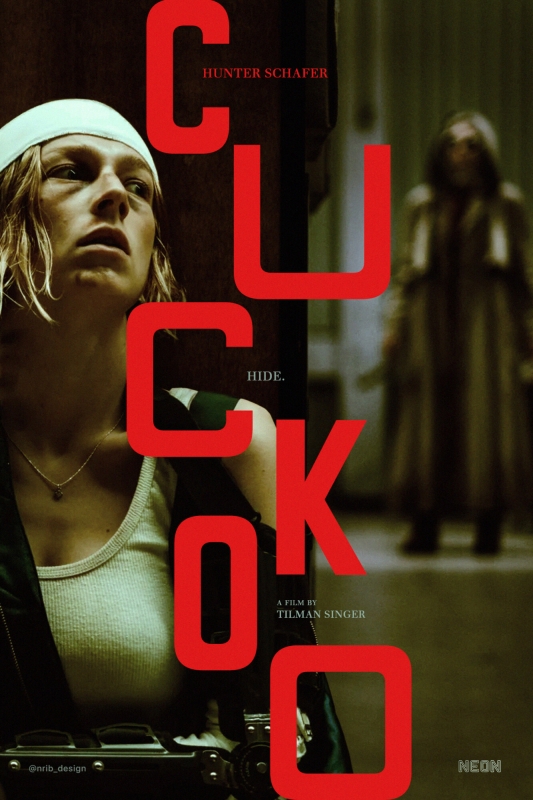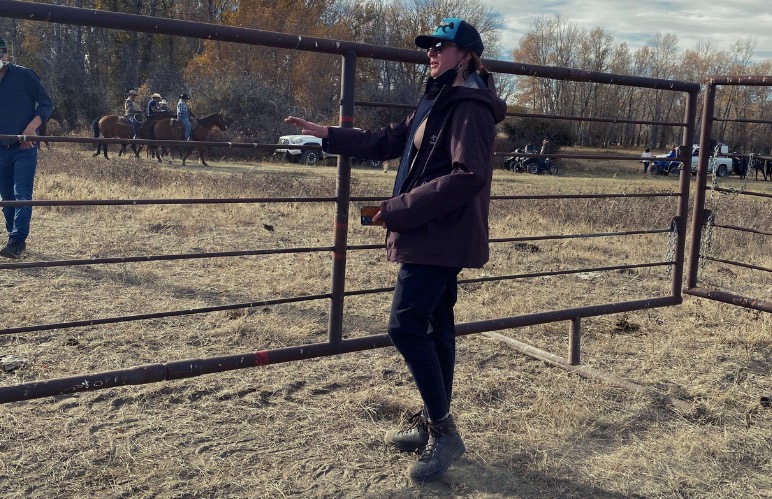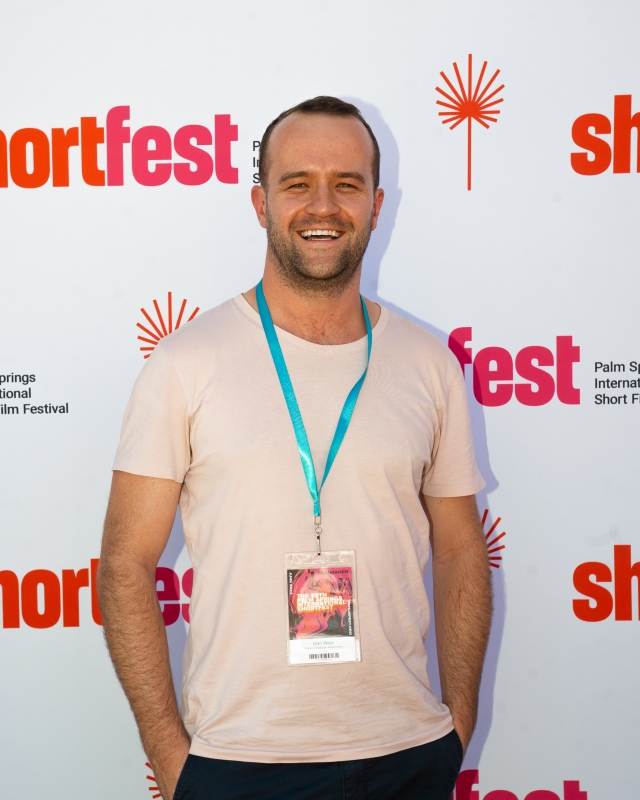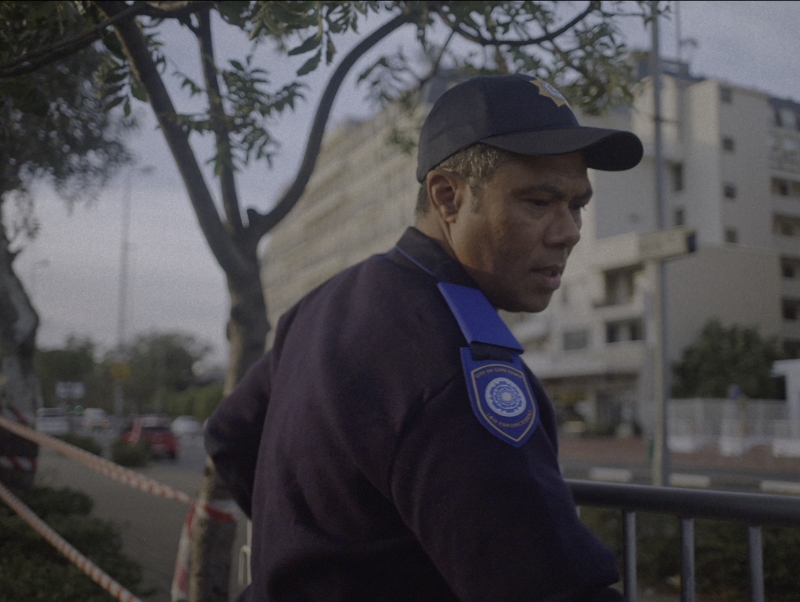|
|
||
|
Pro Tools
FILMFESTIVALS | 24/7 world wide coverageWelcome ! Enjoy the best of both worlds: Film & Festival News, exploring the best of the film festivals community. Launched in 1995, relentlessly connecting films to festivals, documenting and promoting festivals worldwide. Working on an upgrade soon. For collaboration, editorial contributions, or publicity, please send us an email here. User login |
A SERBIAN FILM... BEFORE... with Aleksandar Radivojevic
I first learned of A SERBIAN FILM (2010) when a distributor friend of mine (who shall remain anonymous) told me about it at this year’s Berlinale 2011. He animatedly described to me what he deemed ‘the worst and most disgusting horrific film’ he had ever seen and had been so repulsed by the film he had shredded the DVD immediately after watching it. ‘Wow!’ I thought. ‘Do tell me more’. So, he described to me what all of those who have seen the film refer to as ‘the baby scene’ and indeed it does sound absolutely gratuitous and positively appalling; but, I thought, ‘my curiosity is piqued and I have to see this film now’. A few months later, at Fantastic Zagreb Film Festival, I met the screenwriter of A SERBIAN FILM, Aleksandar Radivojevic, and what a warm and congenial person he is. We spoke at length about his film and his POV of being Serbian today and the difficult highly political film industry there. I still have not been able to see the film (blame it on shoddy distribution channels throughout the world on most art films and censorship!), so I told Aleksandar that we would do a ‘Before’ and ‘After’ interview. After all, if this film is so unforgettable and ghastly, then I am sure to not be the same after watching it so what a great idea to have a pre-viewing interview and then follow it with a post viewing interview after I’ve finally seen the film. So, here goes… Interview Number One- My virgin pre-adulterated interview of A SERBIAN FILM with screenwriter Aleksandar Radivojevic. Aleks first brushed me up on the history of the Yugoslav Wars in the former Yugoslavia, which was what he deems one of the most horrific wars in history. He described to me the unimaginable crimes of hatred and violence that took place that will never be forgotten and how the psychology of these countries are still very much affected by this recent past. A SERBIAN FILM, Aleks told me, was his metaphor for the terror that took place then and which exists still in vestiges of modern Serbian (and other ex-Yugoslav countries) society today. ME: So, the synopsis of your film reads: “An aging porn star agrees to participate in an 'art film' in order to make a clean break from the business, only to discover that he has been drafted into making a pedophilia and necrophilia themed snuff film.” Can you explain that a bit for me? ALEKS: Where did you get that synopsis? ME: LOL. Imdb. Where else? ALEKS: Actually, it is about an ex-porn star who is very famous during the past years. But now he’s retired. His family, his wife and son, accidentally discover one of his films and are totally like, ‘what is happening here?’ And then he has money problems and he gets an offer he can’t refuse which is to make this mysterious film, this mysterious art porn film by a very mysterious producer and he must not know what is in the film, you know, there is no script. He doesn’t know. He just walks in and things happen and he has to participate. And he’s put into this situation and then rolls out hell. With a few twists along the way, I don’t want to spoil it for you. ME: So, can you tell me what made you come up with this story? ALEKS: You know, it’s a very specific situation in Serbia. You can’t really make any genre films. It’s almost impossible to make genre films in Serbia. Like fantasy, horror, socially aware horror or something like that. It’s almost impossible to make anything but those little pathetic dramas about these poor people lying in trenches and vomiting all over themselves and you have these little sad poetic stories like little girls with matchsticks, you know, refugees, and they’re all like warming up and it’s almost a Christmas movie but you know with really poor and uninteresting people. It’s almost like a Serbian folk song and that passes for art in Serbia. You know, that’s high art. And it’s like with young filmmakers there’s lots of rebellion against that kind of filmmaking and I was always interested to make those very unique genre films, like very socially aware genre films. Genre films that really comment in a metaphorical way what is happening in the society right now. We are normally full of frustration after twenty years of wars and transitions and stuff... ...You know, I can’t even begin to describe to you how terrible the situation is in Serbia in terms of doing films…The situation is pretty horrible in terms of not being able to do what you do and to do your job and have money from it and do what you’re supposed to do. We studied to be filmmakers, you know, we love film and it’s totally impossible in Serbia. Everything that’s happening is really… It’s almost a joke of a country in every way. And then you have those people who are pretending to do some art. So, you filmmakers are very angry. And I’m in particular very angry and it’s like almost a cathartic way of channeling all that frustration into a kind of film I would love to make and it has all that venom. It has all that ferocity because of that frustration and so it’s a unique kind of film because it’s almost like when you have this fairytale of Serbia, it doesn’t show Serbian reality like the copy and paste of Serbian reality... ...This film is a metaphorical way of describing the problems of Serbian society. You know, every job you’re supposed to do in Serbia, every job you’re hired to do in Serbia it transforms into something where you have to sell yourself, your children, your wife, where you have to fuck or be fucked, kill or be killed. It treats Serbian reality like pornography. It translates Serbian reality into pornography. Our hero is an ordinary guy, you know, but he doesn’t go to work, he goes to work to fuck. He is in porn. Like someone goes to an advertising agency his work is porn. So, in that kind of concept where you have reality, here you have porn masquerading as reality and prostitution masquerading as work and that’s where this film comes from. It kind of sucks you into this world and you’re like watching this dark thriller. All those things are happening behind that. It’s this story of art in a way. It’s like this angry story of art. And for me it’s very sad. I think it’s a very sad film in a way. It’s also melodrama about the loss of personal identity among the only things you have to do to in order to secure money for your family and make a living. In that way it’s really a Serbian film. I think all the confusion comes from that. It’s not like I think the Serbs are worse than the rest but I must talk about my own environment, you know. It’s our compassion about what’s wrong with our own environment.... ...It’s also I think the world is in crises in every way and the film can also be used as a blueprint for world problems also. It’s a film about exploitation. You know, you treat life as exploitation actually, life equals exploitation. That’s the inspiration. That’s the basis for everything that is in this film. You know, it’s the kind of film that pays homage to the films I love, not in a direct way but it reflects some of the films I love. And also we have all this frustration and all this anger about not being able to channel our creative energy. You know, in order to live in Serbia you almost have to kill yourself. So, it has flashes of many films. I think of it as a kind of weird mix-up of Alan Parker’s ANGEL HEART (1987) and David Cronenberg’s VIDEODROME (1983) in very unique way. You know, I hope you think the film is very unique when you see it. ME: Well, you’ve really struck a chord in audiences. Whether people like it or not, no one who has seen it will ever forget it, from all that I have heard. Okay, so now ends PART ONE (BEFORE) section of our interview. I will see it while I’m in London this week and we will begin soon after PART TWO (AFTER) of our interview for A SERBIAN FILM. Thanks Aleksandar. And then we were carried off to club Peppermint as the night’s last screening, I SAW THE DEVIL (2010), had just finished. STAY TUNED for more with Aleksandar Radivojevic coming very soon. Interview by Vanessa McMahon on July 08, 2011. screenwriter Aleksandar Radivojevic on panel at Fantastic Zagreb Film Festival (official FZFF photos) 12.07.2011 | Vanessa McMahon's blog Cat. : A Serbian Film A SERBIAN FILM... BEFORE... with Aleksandar Radivojevic Alan Parker Aleksandar Radivojevic Anonymous club Peppermint David Cronenberg energy Entertainment Entertainment Films IMDB London Manic Pixie Dream Girl Necrophilia Person Career Producer screenwriter Serbia Vanessa McMahon War War You Got to Move ZAGREB FILM FESTIVAL FILM
|
LinksThe Bulletin Board > The Bulletin Board Blog Following News Interview with EFM (Berlin) Director
Interview with IFTA Chairman (AFM)
Interview with Cannes Marche du Film Director
Filmfestivals.com dailies live coverage from > Live from India
Useful links for the indies: > Big files transfer
+ SUBSCRIBE to the weekly Newsletter Deals+ Special offers and discounts from filmfestivals.com Selected fun offers
> Bonus Casino
User imagesAbout Vanessa McMahonThe EditorUser contributions |

























 McMahon Vanessa
McMahon Vanessa 


